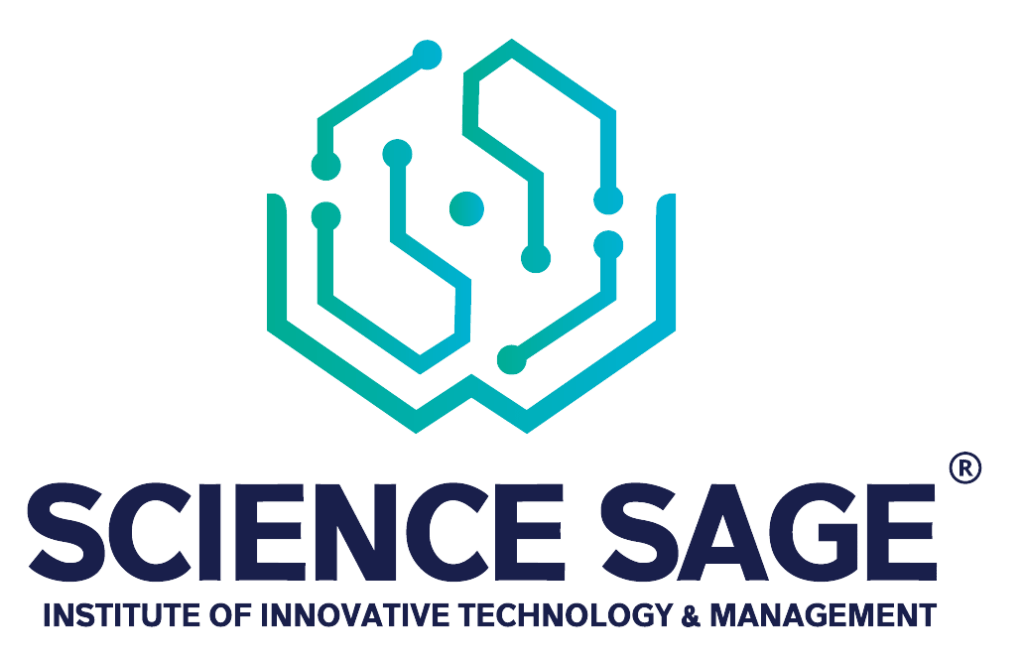- Prerequisites
- Higher Secondary Passed
- Course Duration
- 2 Years
The Diploma in Neurotechnology is a specialized program designed to train individuals in the field of neuroscience and neurodiagnostics. Neurotechnologists play a crucial role in assisting healthcare providers in diagnosing and treating neurological disorders and conditions. Below is a detailed description of the program:

Course Overview
- Duration: The Diploma in Neurotechnology program typically spans two to three years, depending on the curriculum and institution offering the program.
- Curriculum: The curriculum covers a comprehensive range of subjects related to neuroscience, neuroanatomy, neurophysiology, neuroimaging, and neurodiagnostic techniques. Courses may include neuroanatomy and physiology, electroencephalography (EEG), nerve conduction studies (NCS), evoked potentials (EP), polysomnography (PSG), neuroimaging techniques (MRI, CT, PET), neuropharmacology, and neurological disorders and diseases.
- Practical Training: Practical training is a fundamental component of the program, allowing students to gain hands-on experience in performing neurodiagnostic tests and procedures. Under the supervision of experienced neurotechnologists or healthcare providers, students learn to set up and operate diagnostic equipment, prepare patients for tests, conduct tests, and analyze test results.
- Clinical Internship: Clinical internships or rotations in healthcare facilities specializing in neurology or neurosurgery are typically included in the program. During internships, students work alongside professionals in neurology departments, hospitals, clinics, and research centers, gaining practical experience in neurodiagnostic testing, patient care, and interdisciplinary collaboration.
- Certification: Upon completion of the program, graduates may be eligible to pursue certification as neurodiagnostic technologists (NDTs) or in specific neurodiagnostic modalities (e.g., EEG technologist, nerve conduction technologist). Certification requirements vary by country or region, but obtaining certification demonstrates competency and enhances employment opportunities in the field.

Course Structure
- Core Subjects:
– Neuroanatomy and Physiology
– Neurodiagnostic Techniques and Instrumentation
– Electroencephalography (EEG)
– Nerve Conduction Studies (NCS)
– Evoked Potentials (EP)
– Polysomnography (PSG)
– Neuroimaging Techniques (MRI, CT, PET)
– Neuropharmacology
– Neurological Disorders and Diseases
– Patient Care and Communication in Neurology - Specialization Electives (Sample):
– Intraoperative Neurophysiological Monitoring (IONM)
– Long-Term Monitoring (LTM) in Epilepsy
– Sleep Disorders and Sleep Medicine
– Neonatal Neurology and Developmental Neurophysiology
– Neurocritical Care Monitoring
– Neuromuscular Disorders and Electromyography (EMG)
– Advanced Neuroimaging Techniques
– Neurological Rehabilitation and Neuroplasticity - Practical Laboratory Sessions:
– EEG Electrode Placement and Recording Techniques
– Nerve Conduction Study Setup and NCS Recording
– Evoked Potential Testing Procedures
– Polysomnography Setup and Sleep Study Monitoring
– Neuroimaging Data Acquisition and Analysis
– Neuropharmacology Experimentation and Analysis - Clinical Internship:
– Rotations in Neurology Departments and Neurological Clinics
– Hands-on Training in Neurodiagnostic Testing Procedures
– Observation and Participation in Patient Care Activities
– Interaction with Healthcare Professionals and Patients in Neurological Settings
– Application of Neurodiagnostic Techniques in Clinical Practice

Key Skills Developed
- Technical Proficiency: Mastery of neurodiagnostic techniques and instrumentation, including EEG, NCS, EP, PSG, and neuroimaging modalities, to accurately perform and interpret neurodiagnostic tests.
- Critical Thinking and Problem-Solving: Ability to analyze neurodiagnostic data, identify abnormalities or patterns indicative of neurological disorders, and collaborate with healthcare providers in patient diagnosis and treatment planning.
- Patient Care and Communication: Compassionate patient care skills and effective communication abilities to interact with patients, explain procedures, alleviate anxiety, and ensure patient comfort during neurodiagnostic testing.
- Attention to Detail: Diligence in performing neurodiagnostic tests with precision, adhering to established protocols and safety guidelines, and ensuring accurate recording and documentation of test results for clinical interpretation.
- Interdisciplinary Collaboration: Collaboration with neurologists, neurosurgeons, sleep specialists, and other healthcare professionals in interdisciplinary teams to provide comprehensive care for patients with neurological disorders and conditions.

Career Opportunities
- Neurodiagnostic Technologist: Graduates of the diploma program can work as neurodiagnostic technologists in hospitals, neurology clinics, sleep centers, epilepsy centers, and research laboratories. They perform neurodiagnostic tests such as EEG, NCS, EP, PSG, and assist healthcare providers in diagnosing and monitoring neurological disorders and conditions.
- Specialized Technologist: Some graduates may choose to specialize in specific neurodiagnostic modalities or areas of neurology, such as EEG technologist, nerve conduction technologist, polysomnography technologist, or neuroimaging technologist. Specialization may require additional training or certification in the chosen field.
- Research Assistant: Neurotechnologists may work as research assistants or technicians in neuroscience research laboratories or academic institutions. They assist scientists and researchers in conducting experiments, collecting data, and analyzing findings related to neurological disorders, brain function, and neuroplasticity.
- Clinical Educator: Experienced neurotechnologists may transition into roles as clinical educators or trainers, teaching neurodiagnostic techniques, conducting workshops, and providing continuing education to neurodiagnostic technologists, healthcare professionals, and students in academic institutions or vocational training centers.
The Diploma in Neurotechnology prepares individuals for rewarding careers in neurodiagnostics, where they can make a significant impact on patient care, clinical diagnosis, and treatment outcomes in the field of neuroscience and neurology.
